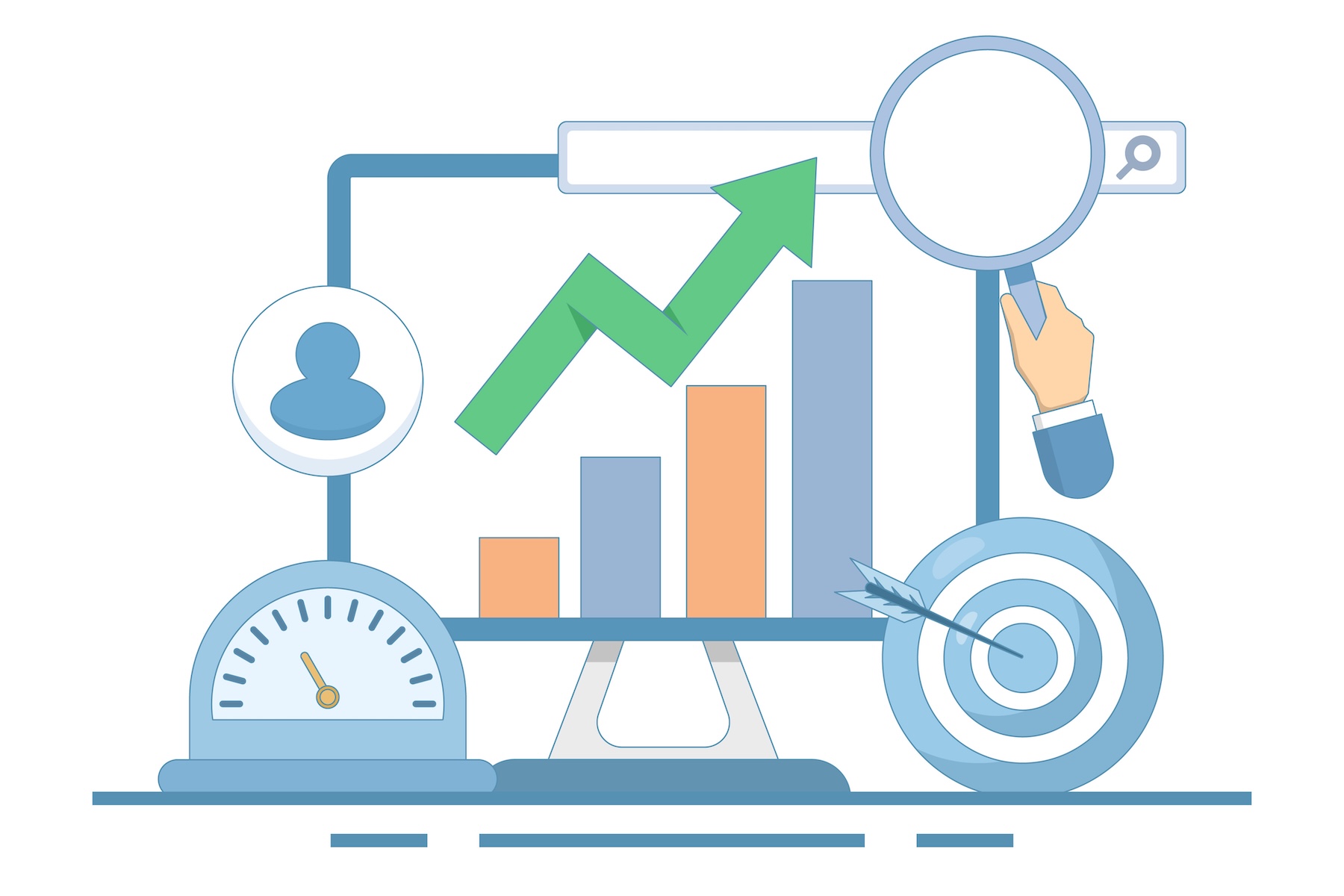When you’re building a website for your business, it’s easy to focus on the here and now — getting a homepage up, listing your services, and making sure everything “looks good.” But what about six months from now? A year? Five years?
A smart business website isn’t just a digital brochure — it’s a foundation for growth. As your business scales, your website should be able to grow with you, adapting to new services, new traffic levels, and evolving customer needs. That’s where scalable website design comes in.
In this article, we’ll break down how modular design, scalability, and future-proofing work together to create a website that grows with your business — and why it matters.
What Does “Scalable” Really Mean?
A scalable website is one that can grow without needing to be rebuilt from scratch. It can:
-
Handle more traffic without crashing
-
Add new features or functionality without breaking
-
Support more content (pages, products, users) as your business expands
-
Integrate easily with new tools, platforms, and marketing strategies
It’s not just about technical capacity — it’s about strategic flexibility.
1. Modular Design: The Foundation of Flexibility
A modular website is built like LEGO blocks — each piece (or “module”) serves a specific purpose and can be reused or rearranged easily. This allows you to make changes quickly without redesigning the entire site.
Benefits of modular design:
-
Easy updates: Swap out one section of a page without affecting the rest.
-
Consistent branding: Use pre-styled components so everything stays on-brand.
-
Faster development: Reuse modules across different pages instead of reinventing the wheel.
At Ask the Egghead, we build WordPress websites using modular tools like page builders and custom blocks. This gives our clients the power to scale content and design without calling a developer every time.
2. Scalable Infrastructure: Hosting and Performance
It doesn’t matter how pretty your site looks if it crashes when traffic spikes.
Scalability isn’t just about design — it’s also about performance and infrastructure. As your business grows, your website will (hopefully) get more traffic. If your hosting can’t keep up, you’ll lose leads and credibility.
Scalable hosting should include:
-
Automatic resource scaling to handle traffic spikes
-
Daily backups to protect your growing content
-
Built-in security as your site becomes more valuable (and vulnerable)
-
Fast load times, even with added plugins or content
That’s why our Managed WordPress Hosting includes all of this and more — so your website keeps performing at its best, no matter how big your business gets.
3. Future-Proofing: Think Long-Term
The digital world evolves fast. New technologies, devices, and user behaviors pop up all the time. A future-proof website is built with this in mind, using current best practices and scalable technologies that allow it to adapt.
Here’s how we future-proof our websites:
Use of Open Source Platforms
We build on WordPress, which powers over 40% of the web and is constantly updated to stay current. This gives you access to thousands of plugins and integrations — without locking you into proprietary systems.
Mobile-First, Responsive Design
With over 50% of traffic coming from mobile, responsive design isn’t optional. Your site should look great and function perfectly on all screen sizes — today and tomorrow.
Clean, Maintainable Code
We avoid bloated themes or one-off hacks that break when updated. Clean code means your site stays fast and secure over time.
Scalable SEO Structure
We set up your website with a scalable SEO foundation — meaning clean URLs, schema markup, and keyword structure — so you can grow your content library or product catalog without SEO headaches.
4. Expandable Functionality
As your business evolves, your needs will too. You may want to:
-
Add eCommerce or memberships
-
Launch online courses or a customer portal
-
Integrate CRM tools or live chat
-
Start accepting payments or donations
A well-built, scalable website won’t require a rebuild for each of these. Instead, it will support plug-and-play functionality through integrations, plugins, or custom development — when you’re ready.
We build websites that are ready to grow, even if you’re starting small. That way, you can scale when the time is right — not scramble to rebuild when it’s too late.
5. Scalable Content Strategy
Your website is more than just a static brochure — it’s your content hub.
As your business scales, your content needs will grow. You’ll need blog posts, case studies, landing pages, FAQs, team pages, testimonials, and more.
To support this growth:
-
We build with custom post types to keep content organized
-
We use category and tag structures that scale with your SEO goals
-
We implement search and filtering tools so users can find what they need fast
Scalable content = scalable marketing.
Final Thoughts: Don’t Build for Now — Build for What’s Next
You don’t need the biggest, flashiest site on day one. But you do need a solid foundation — one that allows your website to grow alongside your business without constant headaches, budget blowouts, or starting from scratch every year.
At Ask the Egghead, we specialize in building websites that are scalable by design — from the first homepage draft to the future vision you haven’t even imagined yet.
If you’re ready to build a website that grows with your business, let’s talk.

